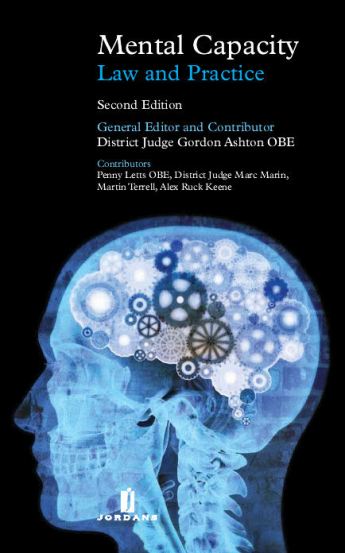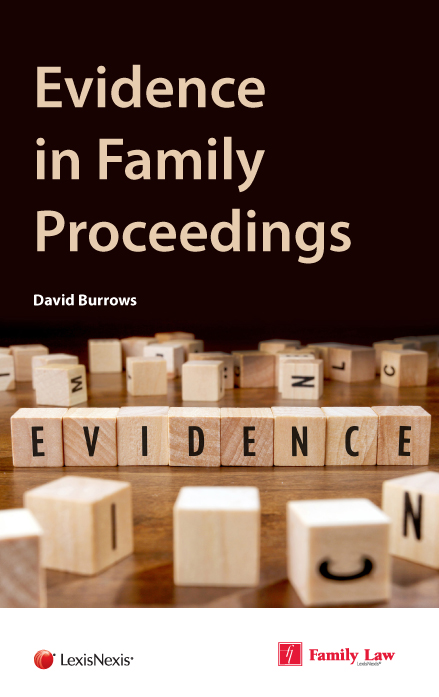The message suggested the following broad parameters:
• if all parties oppose a remotely conducted final hearing, this is a very powerful factor in not proceeding with a remote hearing; if parties agree, or appear to agree, to a remotely conducted final hearing, this should not necessarily be treated as the ‘green light’ to conduct a hearing in this way
• where the final hearing is conducted on the basis of submissions only and no evidence, it could be conducted remotely
• video/Skype hearings are likely to be more effective than telephone. Unless the case is an emergency, court staff should set up the remote hearing
• parties should be told in plain terms at the start of the hearing that it is a court hearing and they must behave accordingly
In particular for Family Cases:
• where the parents oppose the LA plan but the only witnesses to be called are the SW & CG, and the factual issues are limited, it could be conducted remotely
• where only the expert medical witnesses are to be called to give evidence, it could be conducted remotely
• in all other cases where the parents and/or other lay witnesses etc are to be called, the case is unlikely to be suitable for remote hearing
• where cases have been listed for full trials over the next three weeks the listing be reviewed by you as DFJ together with the allocated judge in the light of the above parameters. Where it is decided not to proceed with the planned full trial, the case should be kept in the list as an IRH in the hope that, at least, the issues can be narrowed
In particular for Civil Cases:
• listing remains a matter for the judge. He or she should not feel under any pressure to list a certain number of remote hearings every day. Video hearings have proved more tiring than ordinary hearings, so lists of about half their usual length may well be appropriate
• the best guide to what should be dealt with over the coming weeks is set out in the Civil Listing Priorities, although of course there will always be some cases outside those categories which are urgent and will need to be heard as a matter of urgency
• particularly careful consideration will need to be given to any remote hearings involving litigants in person, or parties (or witnesses) for whom English is not their first language
The message also notes that, given the current situation, it is inevitable that some hearings will have to be postponed.













